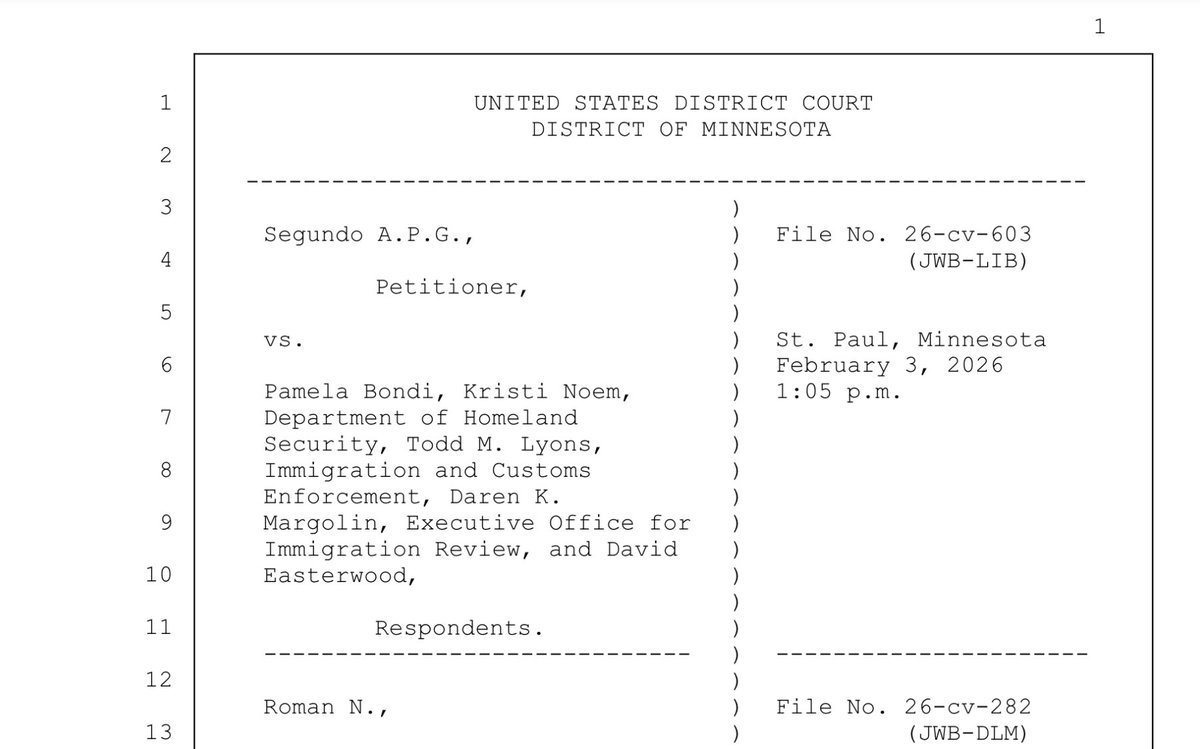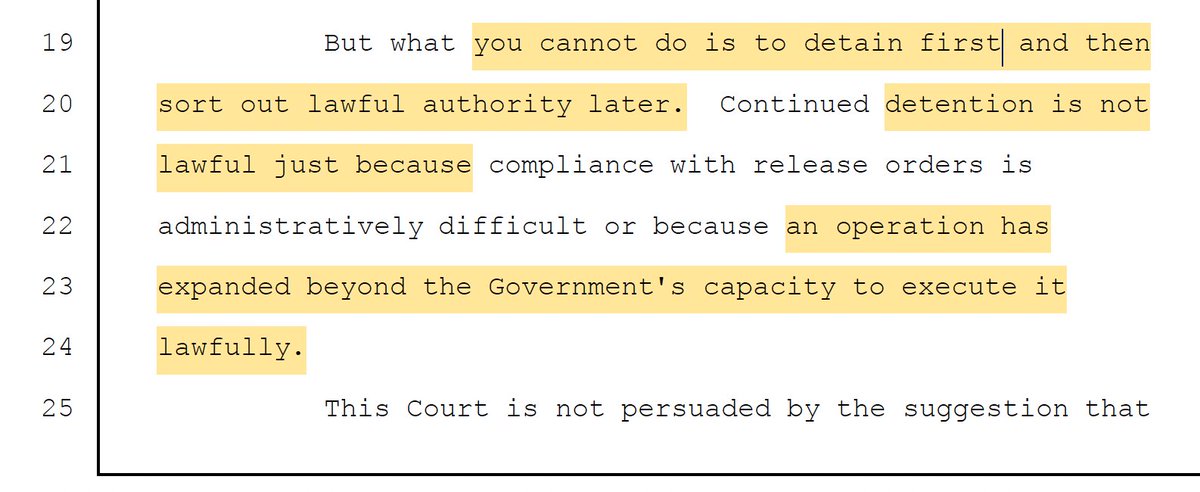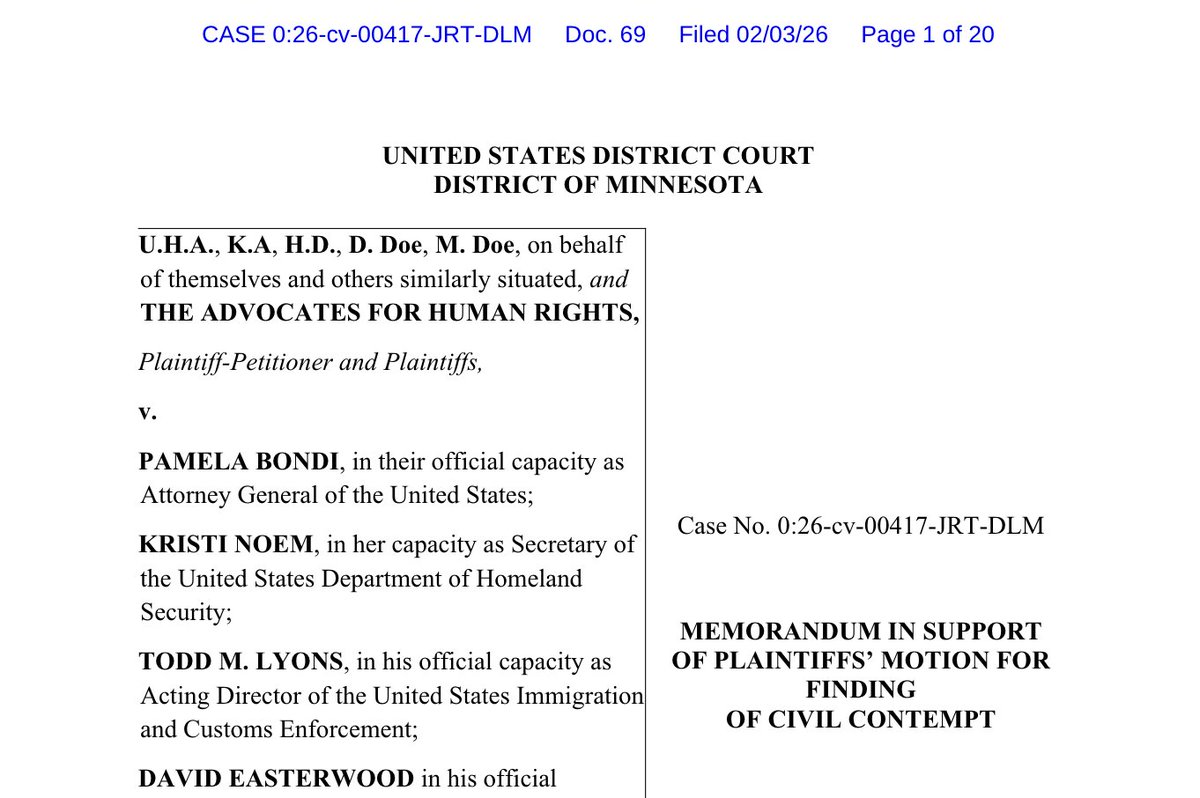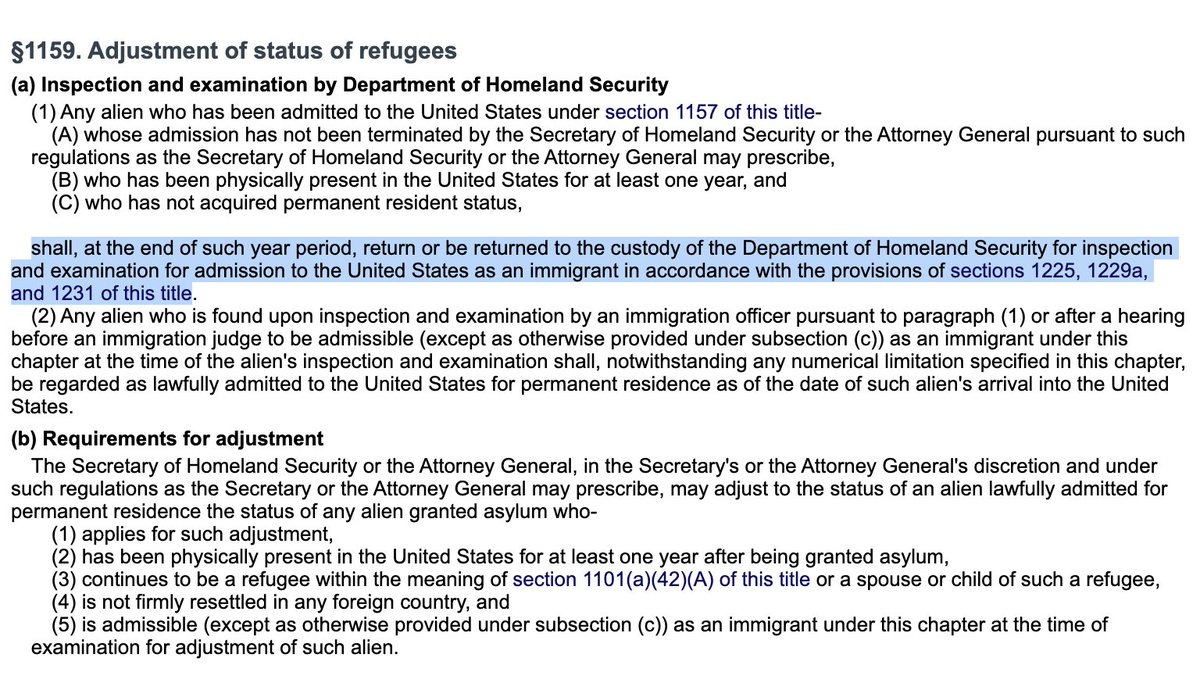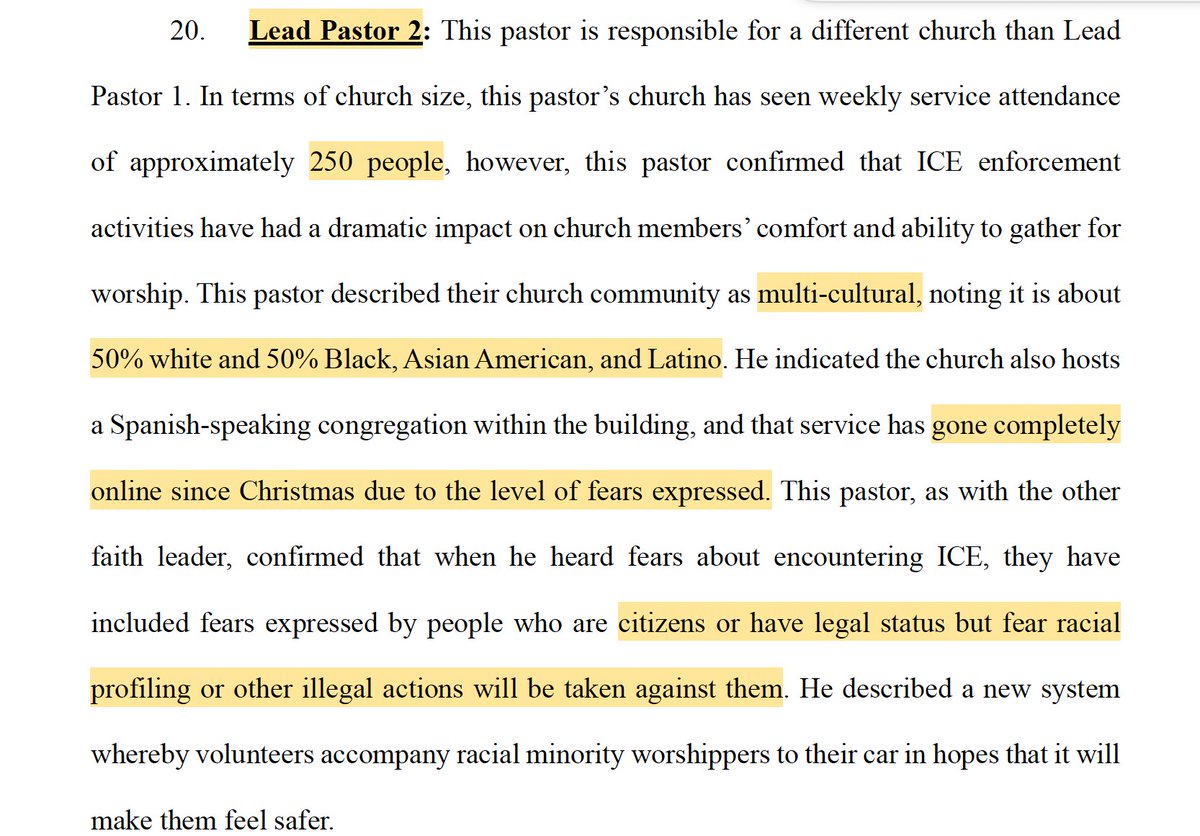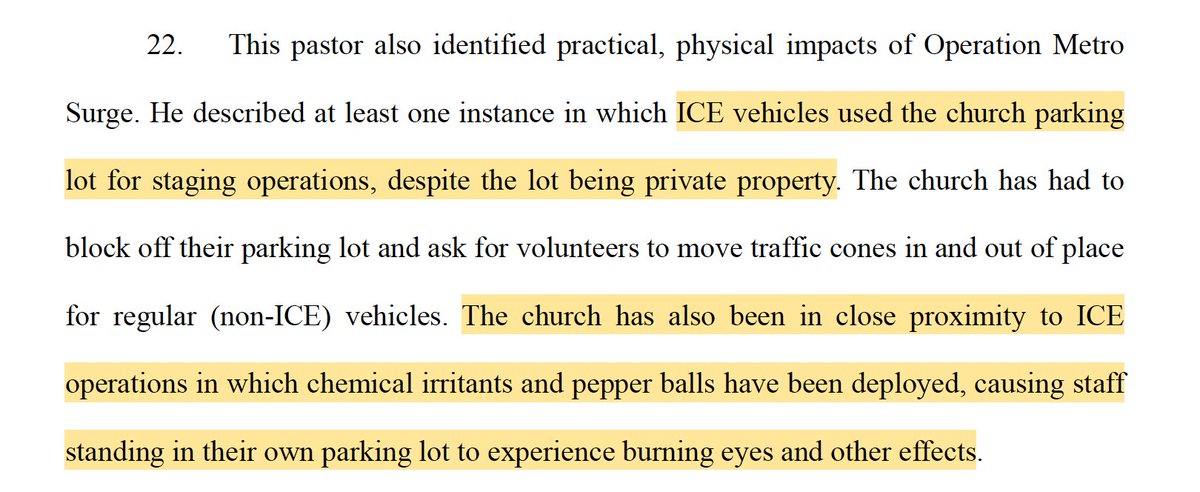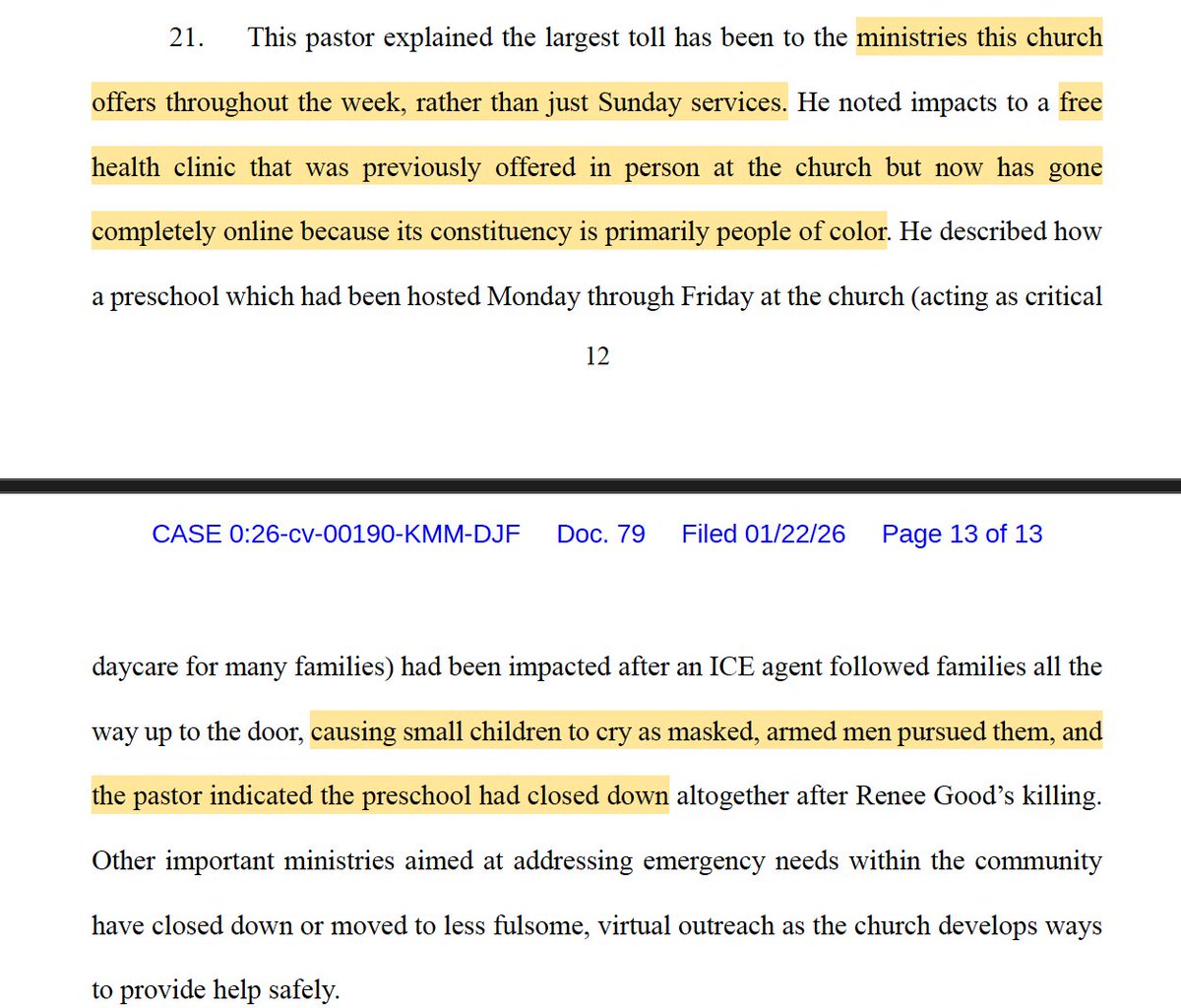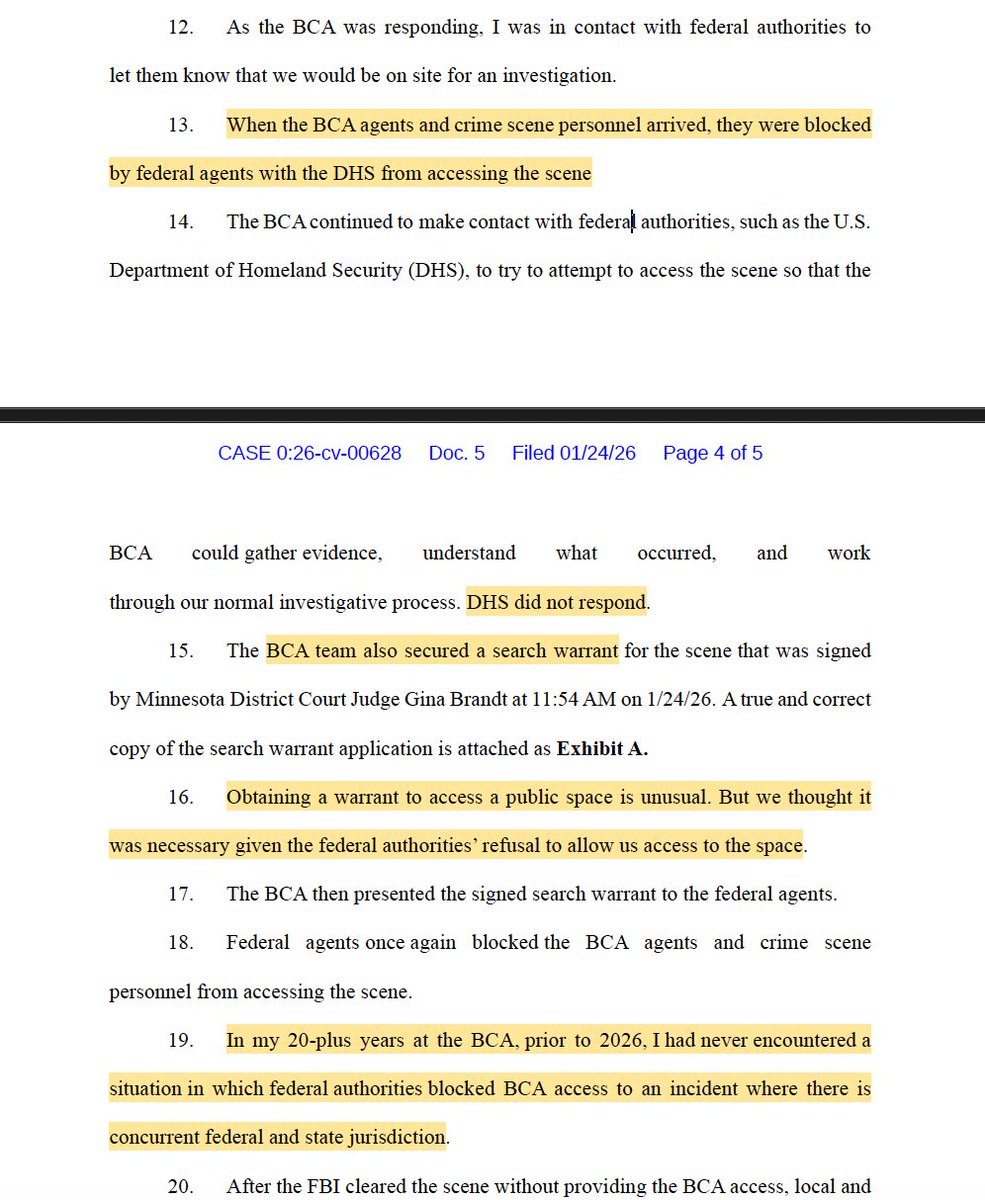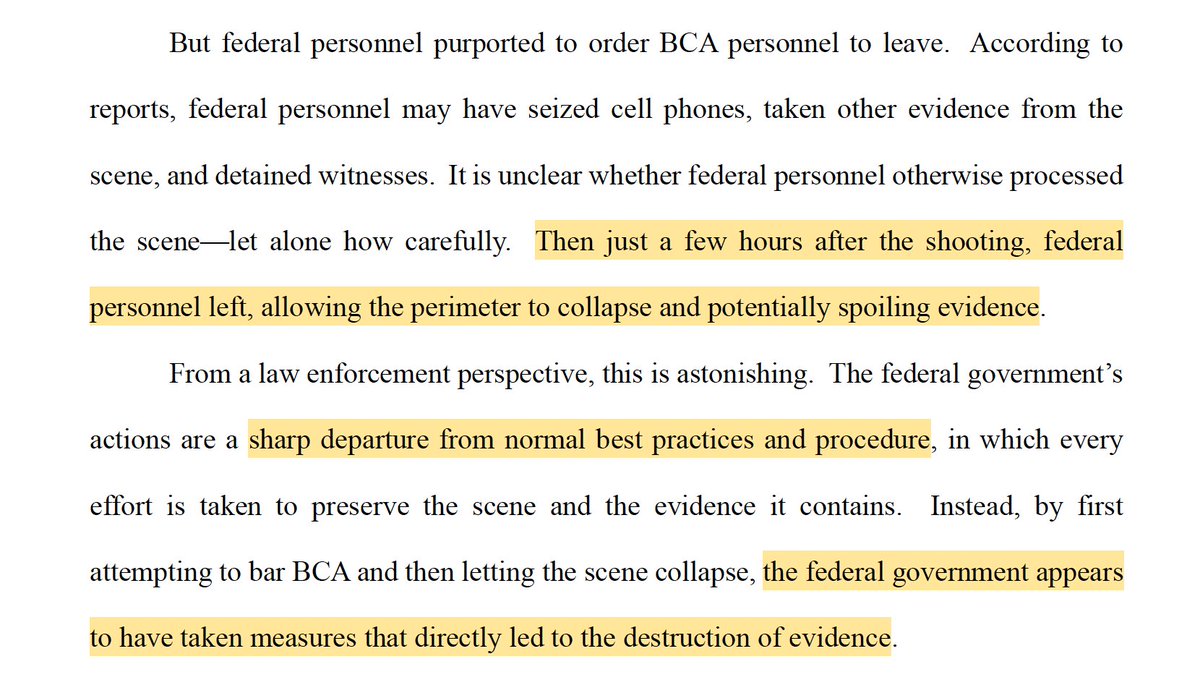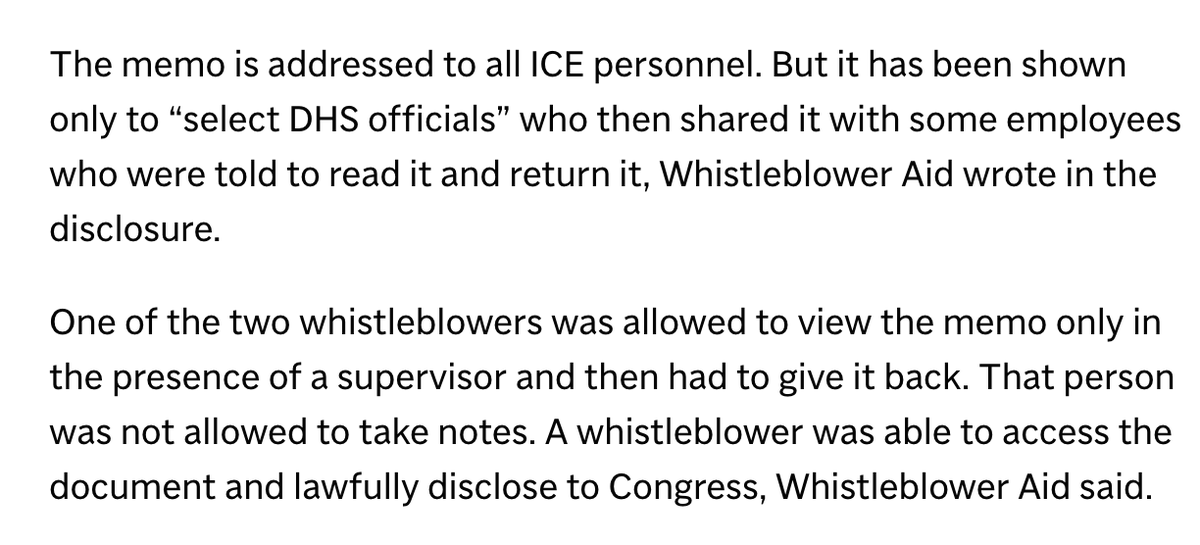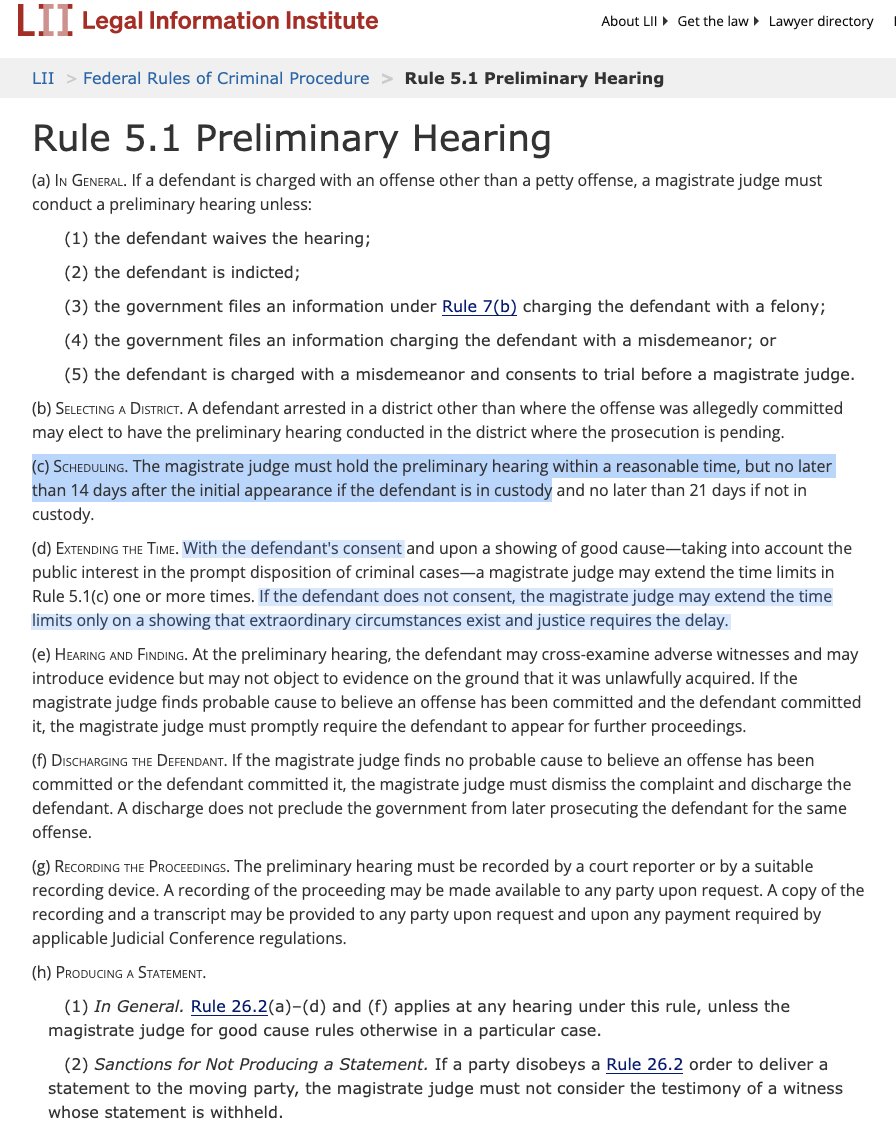Now that I’ve decompressed, here are some notes about Thursday’s USA v Trump hearing in Fort Pierce before Judge Cannon, which I covered for @lawfare . Some mixed messages but, to me, very strange. ...
1/19
1/19
... She heard 2 motions to dismiss, granting one “without prejudice” hours later. But she also asked questions about a 3d motion, alleging “selective or vindictive prosecution.” Though the last is breathtakingly baseless, she is treating it very seriously ...
/2
/2
... The selective/vindictive prosecution theory is that Trump is being treated unfairly compared to previous ex-presidents or ex-VPs who took classified docs or info home from WH. The obvious distinction is ...
/3
/3
... Trump’s months-long refusal to return docs when asked—allegedly lying to NARA, FBI, grand jury, his own attys; concealing subpoenaed docs; plotting to destroy subpoenaed video. But Cannon seemed to be cordoning off all of that to create the appearance of disparity ...
/4
/4
... Repeatedly she pressed each side if it wasn’t true that the crime of “willful retention” was “complete” on 1/21/21, the day after Trump left office. If so, hadn’t other officials who possessed classified docs the day after their terms ended committed the same offense? ...
/5
/5
... S/C atty Jay Bratt conceded that if “willful” retention could be proven, the crime would be complete 1/21/21. But, he added, Trump wasn’t indicted 1/21/21; he was indicted after mos & mos of allegedly criminal evasions [on 6/8/23] ...
/6
/6
... I doubt Judge Cannon would *dismiss* based on selective/vindictive prosecution, but she might grant Trump additional discovery & a public hearing to explore those questions, which would itself be virtually unprecedented. ...
/7
/7
... She could also write an order decrying purported disparities in treatment beneficial for his campaign). ...
The 2 motions she heard Thurs were based (1) on the Presidential Records Act & (2) & a claim that the willful retention charges are unconstitutionally vague ...
/8
The 2 motions she heard Thurs were based (1) on the Presidential Records Act & (2) & a claim that the willful retention charges are unconstitutionally vague ...
/8
... Shortly after the hearing she denied the vagueness claim “without prejudice”—meaning Trump can still raise it again later. She said he could do that at the “jury instruction briefing” ...
/9
bit.ly/48ZGryc
/9
bit.ly/48ZGryc
... That’s odd because it’s hard to imagine how anything pertinent could change between now and then. Note also that, as she has before when ruling against Trump, she’s careful to praise the strength of his arguments (“warranting serious consideration”) ...
/10


/10


... The “without prejudice” phrase may simply reflect that she’s not very comfortable ruling against the man who appointed her and who, if he wins in Nov., could promote her again. (To the 11th Cir. or—why not?—SCOTUS.) ...
/11
/11
... A reader may protest: Didn’t she just rule against him re CIPA § 4? Yes, but her ruling was largely a Valentine to Trump (“defendants raise compelling arguments”) before she apologized that a binding 11th Cir precedent tied her hands. ...
/12
bit.ly/49wUAnM
/12
bit.ly/49wUAnM
... Similarly, last September, when she denied Trump his own private SCIF at Mar-a-Lago to confer with attys about classified discovery, she did so initially with no public acknowledgement at all. ...
/13
/13
... Only 1.5 mos later did she admit she’d ruled against him. She did so in this oblique footnote, tucked into a ruling otherwise caustically criticizing special counsel for using CIPA § 3 in a manner no party had objected to & no court had previously criticized. ...
/14
/14

... Finally, it sounded on Thurs. like Cannon will deny the the other motion also, relating to the Presidential Records Act (PRA). She regarded it as “premature” because it hinges on disputed facts. (But that circumstance makes it meritless, not premature.) ...
/15
/15
... Here (assuming he loses that motion), Trump ultimately wants to argue to the jury that he effectively designated the classified docs as “personal” under the PRA & that ...
/16
/16
... even though those docs are obviously the opposite of “personal” under the PRA’s definitions, his right to so designate them (even in bad faith) is unreviewable and gives him “authorized possession” of those docs, defeating the willful retention charges. ...
/17
/17
... This PRA argument seems to have supplanted the earlier defense—floated in the media—that perhaps Trump “declassified” the docs before leaving White House. In any event ...
/18
/18
The govt says (among other things) that Trump never *did* designate the docs “personal,” neither orally nor in writing. But Trump argues that the very act of removing them from the White House triggers a legal inference that he was designating them “personal.”...
/19
/19
... So Judge Cannon may eventually have to decide if that inference is sufficient to let the jury hear this bizarre theory. If she does, and a juror wants to acquit, Cannon's instructions would give him or her a peg to hang their hat on.
/20-end
/20-end
• • •
Missing some Tweet in this thread? You can try to
force a refresh


